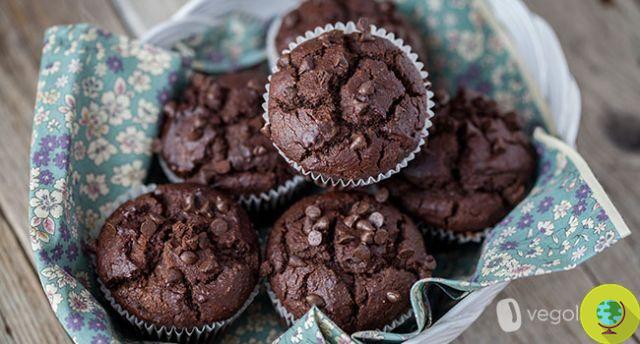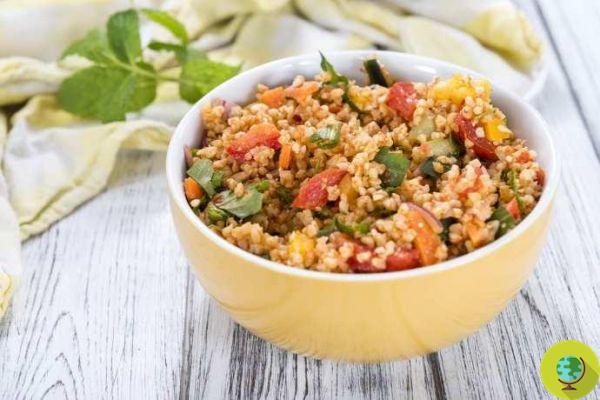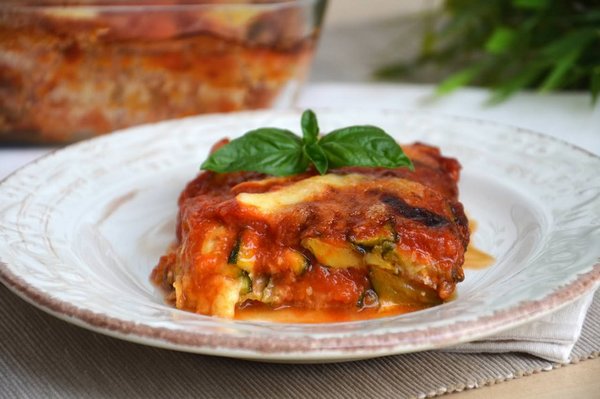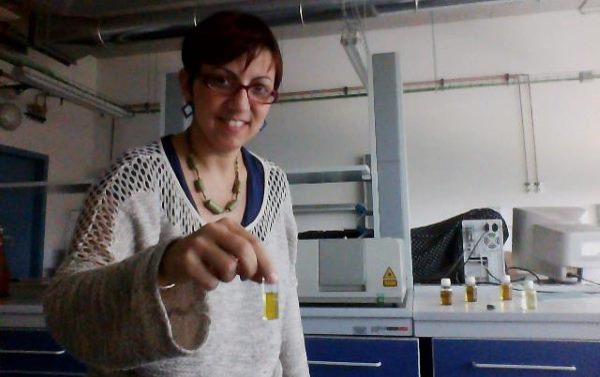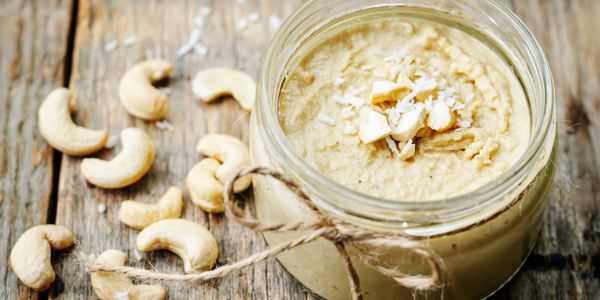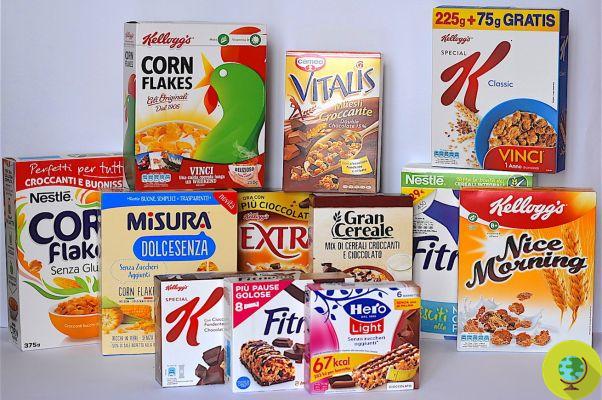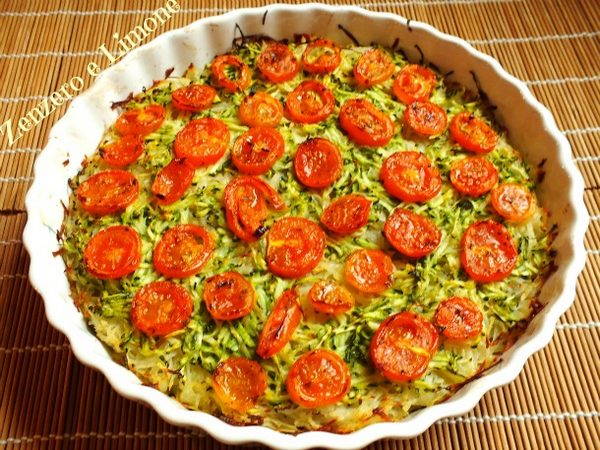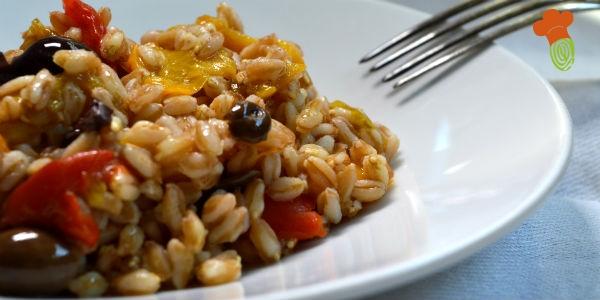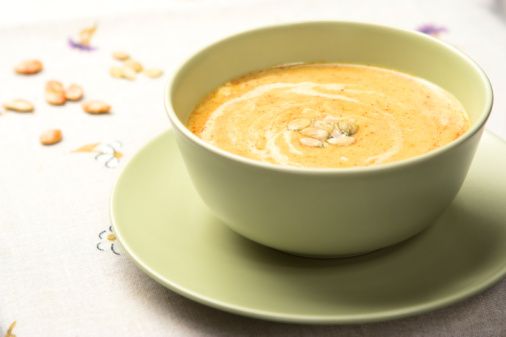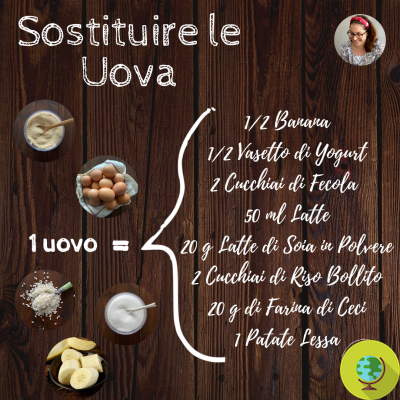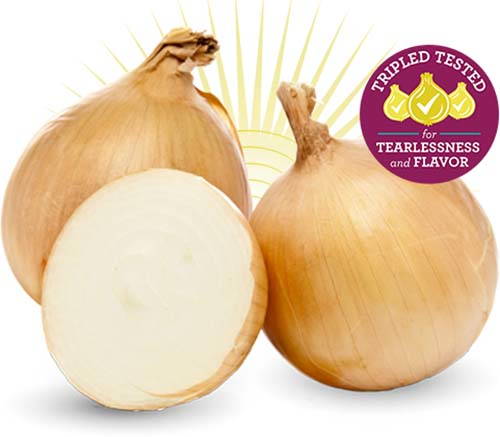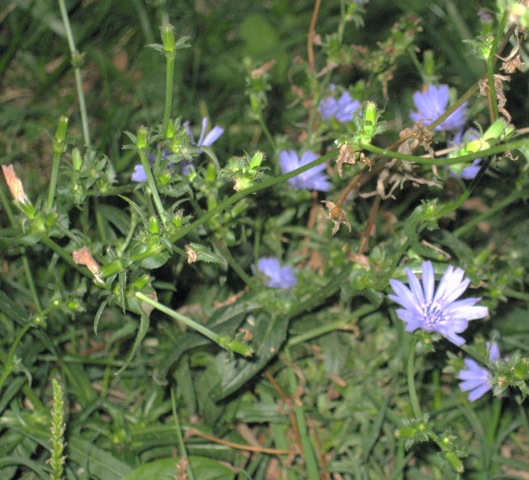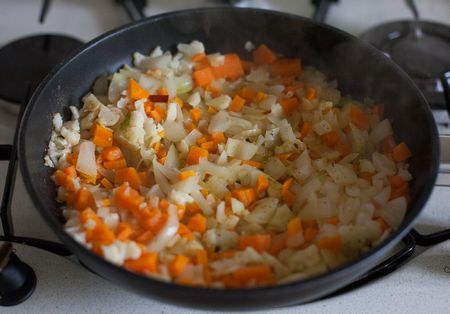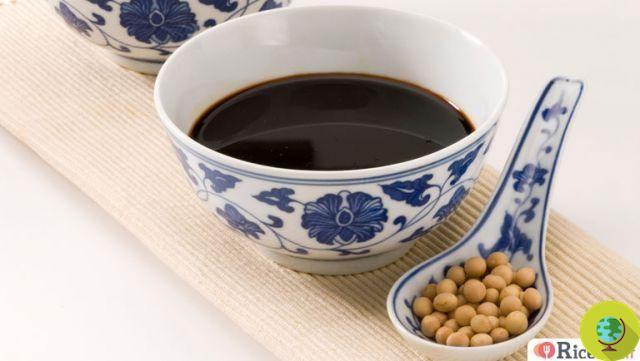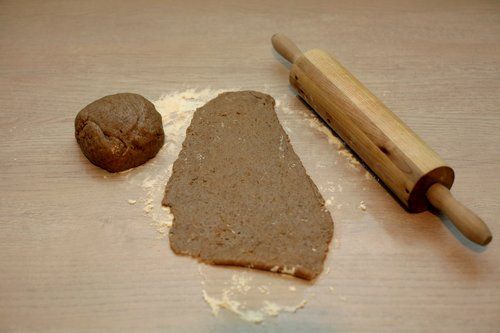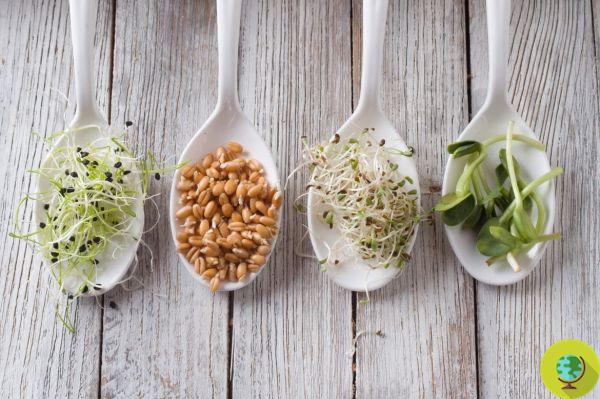
If you're on the hunt for new foods rich in vitamins and beneficial nutrients, it's time to try growing sprouts at home. Growing sprouts is very simple and there is no need to have a sprouter available. In fact, for small sprout crops it is enough to have a large glass jar or a colander available.
Don't store avocado like this: it's dangerous
If you are looking for new foods rich in vitamins and beneficial nutrients, it's time to try grow the sprouts indoors. Cultivate i shoots it is very simple and there is no need to have a sprouter available. In fact, for small crops of sprouts it is enough to have a large glass jar or a colander.
Why are sprouts so important and healthy? Because the nutrients of the seed increase significantly during the sprouting process, also producing enzymes, living substances essential for digestion and metabolism.
We had already given you some useful information for grow sprouts indoors also without buying a sprouter and in general on how to grow sprouts the right way. Now we would like to give you some useful information on the varieties of sprouts you could start growing at home.
The seeds to germinate are easily found in stores of organic and natural products, even online. To know precisely the sprout formation times, always check the indications on the packages. Generally the development times of the shoots They are included between 3 and 5 or 6 days. Once ready, they can be stored in the refrigerator for 2 or 3 days. Here are some varieties of sprout that you could try growing at home.
Index
Arugula sprouts
I rocket sprouts contain glucosinolates, vitamin C and phenols, substances that protect us from environmental stress and help us get rid of toxins according to Monique Richards, a nutrition expert at East Tennessee State University. Her advice is to add rocket sprouts to sandwiches, salads, smoothies and vegetable side dishes.
Basil sprouts
I basil sprouts they have a very intense aroma and develop easily in contact with water. For their flavor they are perfect to add to pasta and salads. They are rich in polyphenols, beneficial substances that protect the body's general health by reducing oxidation and inflammation.
Broccoli sprouts
I broccoli sprouts they are very versatile and rich in nutrients. You can use them to prepare a variant of pesto, together with basil, or simply as additional ingredients for bruschetta and chickpea hummus. Science is studying the beneficial properties of broccoli and broccoli sprouts with particular reference to breast cancer prevention.
Also read: Broccoli and broccoli sprouts to prevent breast cancer
Chia sprouts
You may have already tried using i Chia seeds in your recipes, but you have never grown them as sprouts. Chia seeds and chia sprouts they are an excellent source of antioxidants, fibers, proteins, mineral salts and vitamins, with particular reference to vitamin A. They contain essential omega 3 fatty acids, a fundamental resource for keeping our body healthy.
Read also: Chia seeds: properties, uses and where to find them
Sprouts of alfalfa or alpha alpha
I alfalfa sprouts, also called alpha alpha buds, they are packed with beneficial nutrients. These sprouts are eaten raw to provide our body with mineral salts such as calcium, potassium, magnesium, zinc and iron and vitamins including vitamin A. vitamin C and vitamin E, very important for protecting the eyes and skin.
Fenugreek sprouts
I fenugreek sprouts they are among the easiest and quickest to grow as they only take 2 to 4 days to develop. They contain enzymes essential for digestion and metabolism. They are above all a source of vitamins, especially with reference to vitamin A and vitamin B3.
Sprouts of peas
You will easily find seeds to grow in health food stores green pea sprouts. These sprouts are very rich in mineral salts, starting with calcium, iron, magnesium, phosphorus and potassium. They develop in just 3 days and are also a source of vitamins that should not be underestimated, as they contain Vitamin A, Vitamin C, Vitamin E and B vitamins.
Mung bean sprouts
I mung bean sprouts they are grown starting from green seeds, sometimes also called green soybeans, which however have nothing to do with the classic yellow soybean. These sprouts are super easy to grow in a jar to which to add a light net, for example a veil for confetti. Mung bean sprouts contain minerals such as zinc, iron, magnesium and potassium and many vitamins including vitamin A and vitamin E.
Read also: How to grow sprouts in a jar
Mustard sprouts
I mustard sprouts they are recommended for their detoxifying action beneficial for the liver. They contain mineral salts such as calcium, magnesium, potassium and selenium, chlorophyll and vitamins. Their beneficial properties help the immune system function. They are also a source of Vitamin A, Vitamin C, and B vitamins.
Sprouts of red radish
I sprouts of red radish they are particularly suitable for promote digestion, as they help in the secretion of gastric juices and saliva. They are rich in mineral salts and vitamins with particular reference to vitamin B1, vitamin B2 and vitamin C. The development times of the sprouts vary from 3 to 5 days.
You can grow indoors too other varieties of shoots, for example chickpea, buckwheat, lentil, oat and bean sprouts. THU more information.
Marta Albè
Photo source: foodiegonehealthy.com
Read also:
10 ideas for growing sprouts without buying a sprouter
Sprouts and their fantastic nutritional properties
Sprouts what a passion! Here's why to eat them and how to grow them





